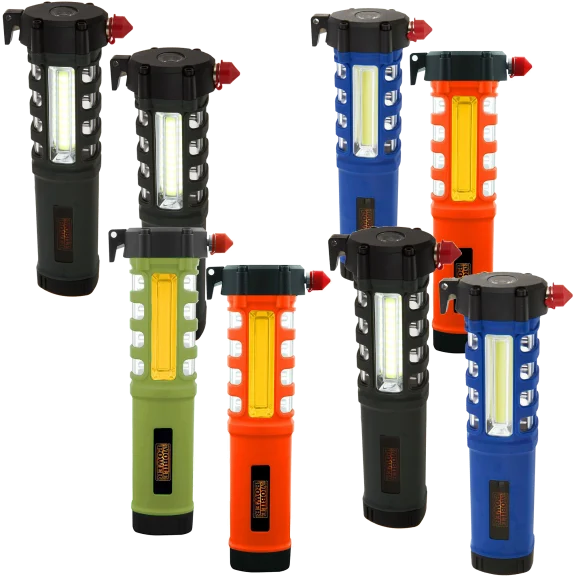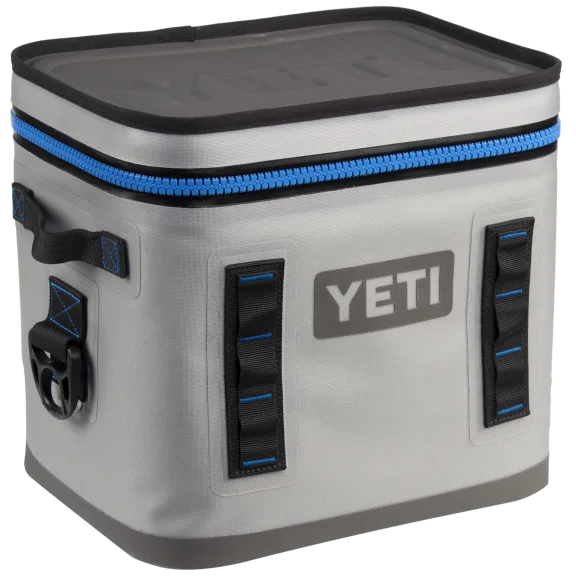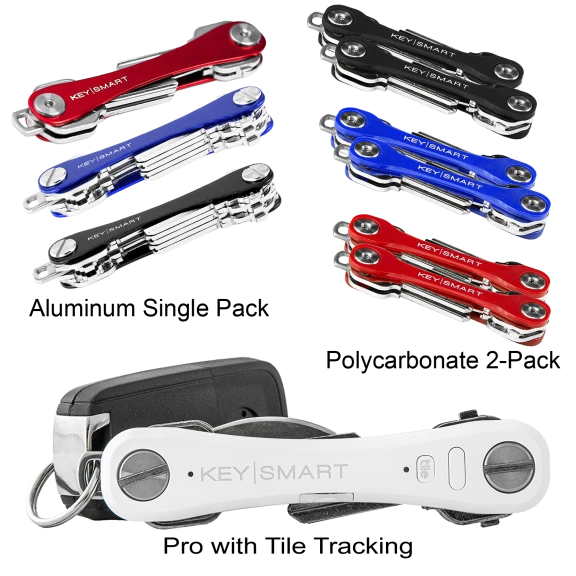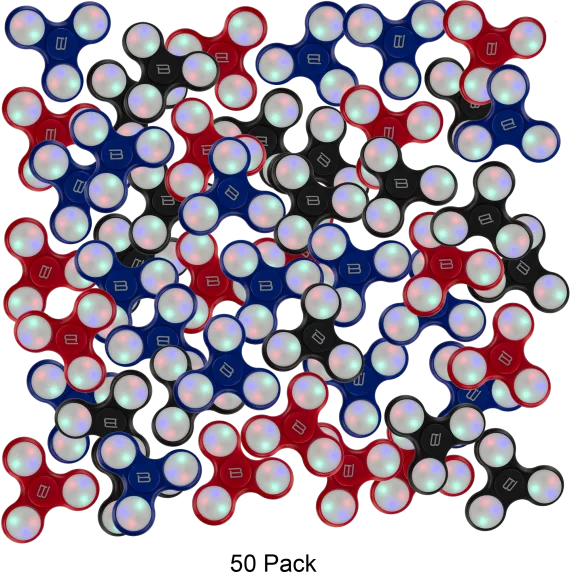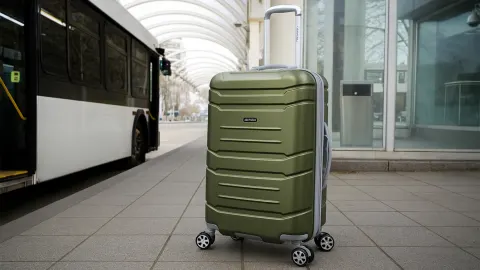As weve noted recently, winter is on its way. So you probably wont set up this Swingan swing for a few months. And thats why this is so cheap youre basically getting a discount because youll store it in your garage so some other company doesnt have to keep it in their warehouseYou could say that Meh is part of the sharing economy everybody is talking about and investing in. Think about it: By purchasing this swing youre basically renting out some storage space in your home for a few bucks a month (the amount youre saving by buying this now instead of April). You’re not spending money when you buy off-season crap from us, you’re putting your storage space to work for a discounted price, just like how Uber drivers puts their cars to work for almost no real money. Maybe instead of a daily deals site we should call ourselves a storage sharing platform or a “peer-to-peer goods stowage solution.” We’ll get our marketing ninja to iron out the branding. (We only hire “ninjas” now that we’re part of the sharing economy.)We’ve been going about this all wrong. We shouldn’t say the VMP membership gives you free shipping and whatever. It “connects you with a network of warehouse managers.” And we shouldn’t say that we sell crap for cheap. We “facilitate storage swapping for a small handling fee.” Our website sounds way more important and cutting-edge when we pitch it as a part of the sharing economy and not just some dumb store. But why have all the other sharing economy companies like Uber and Airbnb raised billions of dollars and we haven’t? Were like, totally disrupting the off-season warehouse utilization space and Alphabet hasnt even invested a single billion in us. What gives? Can’t VC firms identify a disrupter when it’s disrupting right in front of their face? You get it. You understand the enormous potential in our revolutionary business model. Maybe you should invest in us. You can start with a $54 investment in this swing thing. You’re not just buying a toy for your kids – you’re revolutionizing the storage-ownership paradigm. And we’re not stopping with providing solutions to over-filled warehouses. No, the growth we’re envisioning will require much, much more disruption. That’s why we’re also providing cost-cutting solutions to landfills, which won’t be as full of this crap after we foist it on our customers.
Swingan 37.5” Nest Swing With Adjustable Ropes










Features
- Check out this hella cool swing- It’s better than a tire swing because it’s comfortable and doesn’t smell like tar and cheese- Mount it to a tree, your porch, or (if you really know what you’re doing) your ceiling- You can adjust the height and take it down with a “easy hook link” (also known as a “carabiner”)- Let your kids play on it or use it yourself like this hilariously photoshopped image- Holds up to 330 pounds, so roughly 1.5 average American children- Model: SWMSG (An acronym for this product’s best use: Swinging While Munching Some Gouda)
Specifications
Specs ====- Model: SWMSG- Condition: New- Diameter: 37.5"- 1 diameter coated black steel frame with 2.4 foam safety padding- Made with Oxford fabric cover and a black Polypropylene seat- Adjustable 50-63 inch rope length- Weight capacity: 330lbs.- Recommended for ages 3 and up- Swing comes apart for easy storage- Includes necessary hardware to build and hang- Swing while standing, sitting or lying down- Durable and fast drying fabric and adjustable rope length for any environment- Shock absorbent foam padding and solid seat design- PP (hahaha) fabric seat rather than a rope seat for comfortable and safetyWhat’s in the Box? ====1x Swing1x Seat mat1x Adjustable hanging rope2x Snap hooksPictures====SwingPiecesSecureHookRopeSwingSwingin’WoooooBoxPrice Comparison ====$99.64 at Amazon
